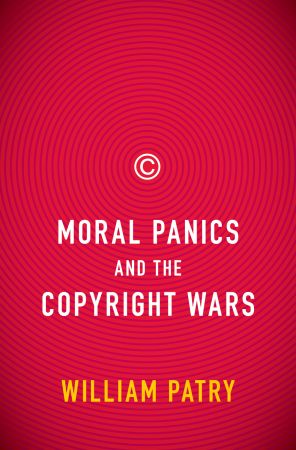
It is important to remember that democracy and capitalism are two separate things, the former being an economic structure, the later being a system of government. That the two are conflated so often here in the states reveals how the nuances of economic and political bodies are difficult to separate, especially for those operating within those bodies. Witness our current moment.

On Thursday the G20 met in Pittsburgh, hashing out economic plans for a globalized world. The president was in attendance, and it seems the white house's prioritizing the G20 over the G7 represents the growing wealth of other previously impoverished nations, also the growing disparity of US(western) economic privilege. While the US is still managing to provide the form and means of dialogue, it is quickly becoming a ceremonial right. In the wake of our current economic situation our silence is illuminating. It suggests that in typical US fashion we will decide our own fate, according to what our own interests are despite sitting at the table alongside everyone. This is much like an abusive husband giving domestic advice to a group of neighbors at his backyard BBQ. When they address him, he quietly drinks his beer.
Our domestic situation is dire. Especially here in the Golden State. That I'm able to go to this during the day, and this on the same night, is testament to the energy in the air. More importantly the message of both seems to be that all of our actions have political ramifications. Action is always political, as is inaction.
Yesterday the students of UC Santa Cruz, alongside workers of the university, began to occupy one of the buildings on campus. Their statement is here. We're in solidarity with peaceful action, resistance, appropriating spaces. If you do not place a stake in the ground and claim it something, that space is otherwise ignored. I've long been wondering why our state employees are not doing the same things in regards to their furloughs. The belief that our government can operate at 80% with 100% efficiency is irrational; the belief that education can operate at 90% with 100% efficiency is irrational; the belief that an education of 90% should cost 32% more is irrational.

We want to offer a few ideas for those seeking further
1) The UC Students, staff, faculty and others needs to take action to the capital. Let the House, the Senate, Governor Schwarzenegger, see you in person. Occupy the lawns, roam the sidewalks and streets, let them know that the defunding of public education, system wide, will not be tolerated. That the prison systems should never, ever, receive more funding than education. EVER. Else we live in a state that values containing past criminals more than educating future generations. That the impoverished should not be impoverished further because of the financial mistakes of the wealthy. That public universities should not financially exclude the public.
2) If the university system increases student fees by 32%, as students, feel free to not enroll in 32% of your classes. Effectively taking the UC spring quarter off and going for an extended summer would create a true budget emergency for the university system to deal with. It would help establish that $6,600.00 a year is a nice round number to cap tuition costs at. If that's the most students are willing to pay, the "market" must self adjust (or die trying). Remember you have the right to take semesters and quarters off, free of charge, without losing your student eligibility. If you do not exercise your rights, your rights will be taken from you.
3) Use that summer time to create communities, communes, occupy spaces. There are no jobs for you to work, but there are spaces that mandate public occupation. If the public is to benefit from our dire situation, our spaces must be wrestled back from private interests.


